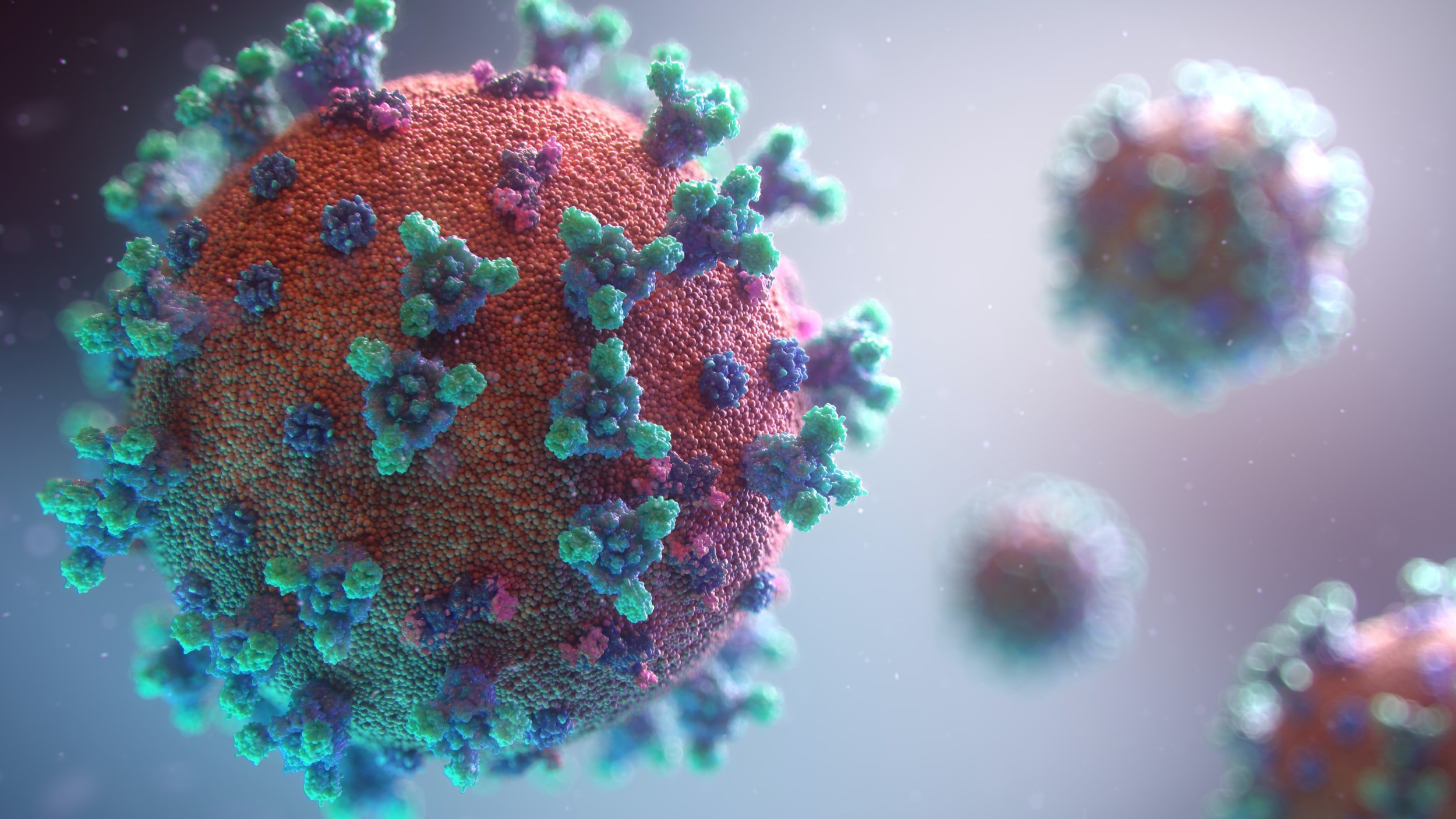CBGA and CBDA Bind to the SARS-CoV-2 Spike Protein, Preventing Infection in Human Epithelial Cells
A seven-person team of researchers led by Richard van Breeman published a study in the Journal of Natural Products. The study found that two cannabinoid acids found in hemp ‘block cellular entry of SARS-CoV-2’ in human epithelialcells. The seven-person research team included collaborators across several Oregon institutions.
The two identified cannabinoid acids, CBDA and CBGA, are not psychoactive and are commonly found in hemp, which gives them expanded therapeutic potential in the United States since cannabis itself is still federally illegal.
“Our research showed the hemp compounds were equally effective against variants of SARS-CoV-2, including variant B.1.1.7, which was first detected in the United Kingdom, and variant B.1.351, first detected in South Africa,” van Beeman said. Those COVID-19 variants are commonly known as alpha and beta.
During the study, a pseudovirus was prevented from infecting human epithelial cells by both cannabigerolic acid (CBGA) and cannabidiolic acid (CBDA). CBGA and CBDA are precursors to CBG and CBD.
CBGA and CBDA are converted by the decarboxylation process, so don’t go smoking every hemp flower in sight thinking you’ll gain immunity!
Photo by Fusion Medical Animation on Unsplash
This study does, however, present a lot of promise for ancillary therapies as these compounds are able to block the virus’ ability to bind to human cells. During the study, CBDA and CBGA would bind to the protein spikes. Normally during a COVID-19 infection, the protein spike would bind to the ACE2 enzyme. CBDA and CBGA prevented the pseudovirus’ ability to bind by impacting that protein spike. This type of interaction, where a drug prevents the binding of the virus to a receptor, has helped patients with both HIV and hepatitis.
The seven scientists used affinity-selecting mass-spectrometry (AS-MS), a technique invented in van Beeman’s laboratory, to screen a variety of botanicals for any possibility of interaction with the SARS-CoV-2 spike protein. Van Beeman’s technique involves incubating the spike protein with possible compounds that will bind to it, and identifying which have the greatest affinity.
While this research, and other studies, have demonstrated that cannabis and hemp have exciting potential in the prevention of COVID-19 and its variants, this research doesn’t mean that your vape cart is going to help prevent infection. What it means is that a cannabinoid acid found in hemp was tested and it prevented infection of epithelial cells — and in vitro results don’t always yield in vivo reality. But with so many studies finding that cannabis is possibly effective in helping to fight this pandemic, it further demonstrates cannabis’ medical potential.
